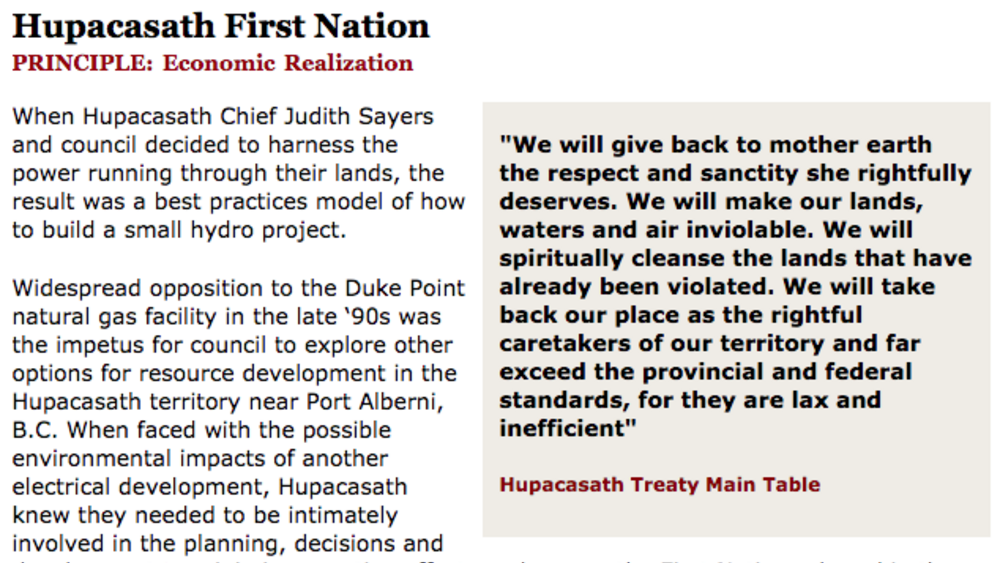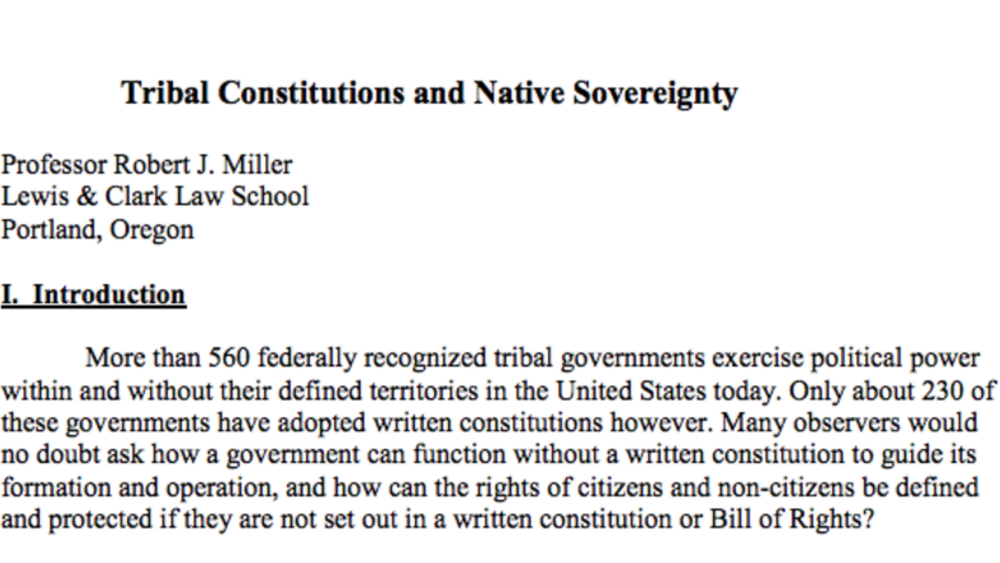The poverty of Indigenous North Americans, especially those living on reservations, has concerned Indian and federal policymakers for more than a century. After the treaty-making phase and the establishment of the reservation system, federal policies to address Native poverty vacillated between cultural assimilation, forced urbanization, and asset privatization, on the one hand, and governmental reorganization, natural resource exploitation, and welfare assistance, on the other.
Recently, however, many resurgent Native nations have created economic growth and accompanying political and social development in their homelands. Despite the difficult road ahead, Native nations in the United States have found successful approaches, and their fortunes have never looked better.
Additional Information
Taylor, Jonathan B. "Determinants of Development Success in the Native Nations of the United States." The Harvard Project on American Indian Economic Development, Native Nations Institute for Leadership, Management, and Policy, The University of Arizona. Tucson, Arizona. 2008. Introduction.



